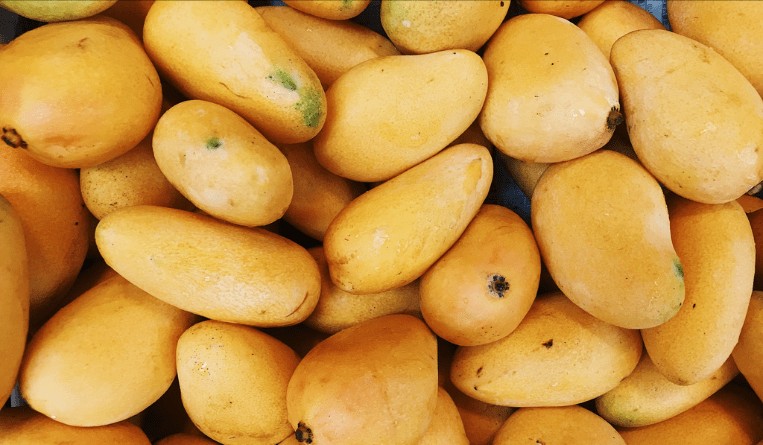Ten products now up for GI registration in Pakistan
02 June 2021

After Basmati Rice and Pink Himalayan Salt, 10 more products in Pakistan are now up for GeographicaI Indication (GI) registration following cabinet’s approval for these products to seek GI labeling on local soil.
“In Pakistan and as far as I am aware, in the European Union as well, a product cannot be registered for GI rights unless the product is also registered in the country where it originates,” said Sana Shaikh Fikree, senior associate at Vellani & Vellani in Karachi.
The 10 local products include the Chaunsa Mango and Sindhri Mango. Originating from the Punjab and Sindh provinces in Pakistan, both mango varieties are exported to the Middle East and are known for their very sweet taste and aroma.
“[This is] directly attributable to the well-irrigated lands of Punjab and Sindh, ideal soil conditions and temperature of such lands,” said Fikree.
Also in the list of 10 Pakistani products is the orange variety Kinnow which counts Russia, China, Iran, Saudi Arabia, UAE and Iran among its export markets. In 2015, more than 40 percent of exported Kinnows from Pakistan made it to Russia.

The rest of the list are non-agricultural products namely the Hunza Ruby, Swat Emerald, Kashmir Tourmaline, Skardu Topaz, Skardu Aquamarine, Peridot Stone and Peridot Valley.
Pakistan’s Basmati Rice was registered on January 21, 2021 while the process for GI registration for Pink Himalayan Salt is underway.
“Each of the above-mentioned products originate from specific regions within Pakistan and each of them possess particular qualities and reputations, attributable to their respective geographical origins,” said Fikree.
“Recognition of the above products as registered GIs in and outside Pakistan would provide due legal protection to such products and could be used as a tool to prevent unauthorized use and sales of such products by other countries/manufacturers. Having registered such products as GI would not only promote and enhance international trade for Pakistan but would also promote economic prosperity for the local producers and manufacturers by enabling them to demand and secure premium prices for such products in competitive international markets,” Fikree added.
From 2016 to 2020, prices of Kinnow were slashed in Pakistan by over 50 percent.
According to Fikree, the schedule to the Geographical indications (Registration and Protection) Act 2020 provides a list of 79 potential local products for the GI label. Among them are Pashmina shawls which originate from Kashmir, Peshawari slippers from the province of Khyber Pakthtunkhwa, truck art, Sialkot surgical instruments, Sialkot sports articles such as the footballs used in the FIFA World Cups of 2014 and 2018 and other major international football competitions and other products of Pakistan.
According to Fikree, this augurs well for local small and medium-sized enterprises because the GI tag will allow them to showcase their products to the world.
“Having a GI tag attached to such traditional and ingenious products would highlight the particular qualities possessed by such products owing to their geographical origin and/or the traditional craftsmanship, thereby creating a niche for such products in the international markets. This will in turn enable the small and medium-sized enterprises to realize the true worth of their products, effectively preserve the traditional knowledge related to the production of such products for their future generations and employ innovative and better techniques to improve the manufacturing process of such products,” she explained.
Espie Angelica A. de Leon






